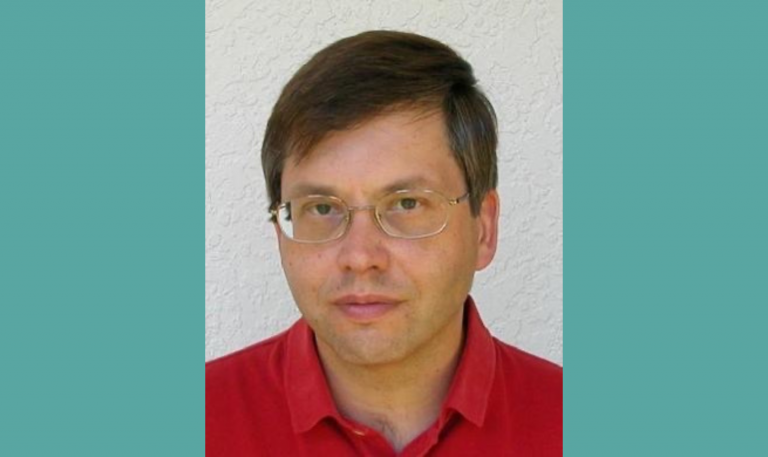
ince the earliest days of telecommunications, international bodies have been in place to resolve disputes, recommend best practices, and develop technical standards. For example, the International Telegraph Union was formed in 1865 to standardize telegraph equipment, establish the Morse code as the international telegraph alphabet, and ensure privacy of communication.
In 1932, the union broadened to include radio communications and telephony, and the name changed to the International Telecommunications Union (ITU). In 1949, it became a specialized agency of the United Nations, and now has a membership that includes 193 countries and about 900 businesses, academic institutions, and international and regional organizations, the ITU promotes the shared global use of the radio spectrum, facilitates international cooperation in assigning satellite orbits, develops worldwide technical standards, and supports improvements to telecommunication infrastructure in the developing world. The Study Groups of the ITU Radiocommunication Sector (ITU-R) bring together researchers to resolve technical questions arising from world and regional radiocommunication conferences, advances in radiocommunication technology or spectrum management, and changes in radio usage or operation.
In 1922, the Union Radio Scientifique Internationale/International Union of Radio Science (URSI) was formed to coordinate international foundational research concerning electromagnetic waves, such as radio propagation and atmospheric interference, antenna design, etc. URSI continues to encourage and promote international activity in radio science and its applications, and the adoption of common measurement methods and instruments. URSI also coordinates studies of the scientific aspects of telecommunications using electromagnetic waves.
Cooperating to Address Complexity
ITU and URSI have always cooperated, with URSI being ITU’s primary scientific partner. Now, with wireless technologies become increasingly complex and urgent demand for wireless spectrum, the work of the ITU-R Study Groups in helping to resolve questions raised at World Radiocommunication Conferences and other meetings has greatly increased. ITU and URSI are looking to make more researchers and research consortia aware of these questions and encourage them to work together to contribute research results that will help resolve them.
To accomplish this ambitious goal, URSI and ITU have turned to UBC Electrical and Computer Engineering Professor David Michelson. He will lead an Inter-Union Working Group mandated to more effectively engage the global community of researchers addressing development, standardization, and deployment of next-generation wireless communications, including 5G and 6G cellular networks. During the next year, the new working group will consult with stakeholders within the URSI, ITU, and relevant member communities as it prepares its initial strategic plan. The working group will present the plan for approval by the URSI Council at the next URSI General Assembly and Scientific Symposium in Sapporo, Japan in August 2023.
As Michelson says. “By helping ITU-R to engage a broader community of researchers, the new Working Group can accelerate progress in resolving issues relevant to wireless communications system design. For the Rogers-UBC 5G Hub, the Group’s represents a significant opportunity to support the spectrum regulatory activities underpinning the wireless industry and participate in activities that have traditionally been dominated by government labs.”
Professor Michelson leads research sponsored by the UBC-Rogers Partnership on the use of 5G in smart transportation networks, and serves as Chair of the IEEE’s Mobile Radio Standards Committee and as a Member of the Steering Committee of the U.S. National Institute of Standards and Technology (NIST)-sponsored NextG Channel Model Alliance. Given his extensive experience on the both the research and applications sides of radio science, he will no doubt flourish in his new historic role.
About the URSI-ITU Inter-Union Working Group
URSI representatives to the URSI-ITU Inter-Union Working Group chaired by Prof. Michelson include Prof. Sana Salous of Durham University (UK), Prof. Carlo Riva of Politecnico di Milano (Italy), Prof. Terje Tjelta of the University of Oslo (Norway), and Dr. Ivica Stevanovic of the Federal Office of Communications (Switzerland). ITU-R representatives include Sergio Buonomo, the Chief of the Study Group Department at the Radiocommunication Bureau (BR) of the International Telecommunication Union (ITU), Carol Wilson, Chairman of Study Group 3 (SG3) – Radiowave Propagation and David Botha, Counsellor of Study Group 3. Other ITU-R Study Group Chairs and Counsellors will be invited to participate as required.
